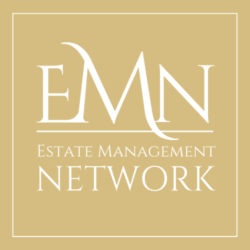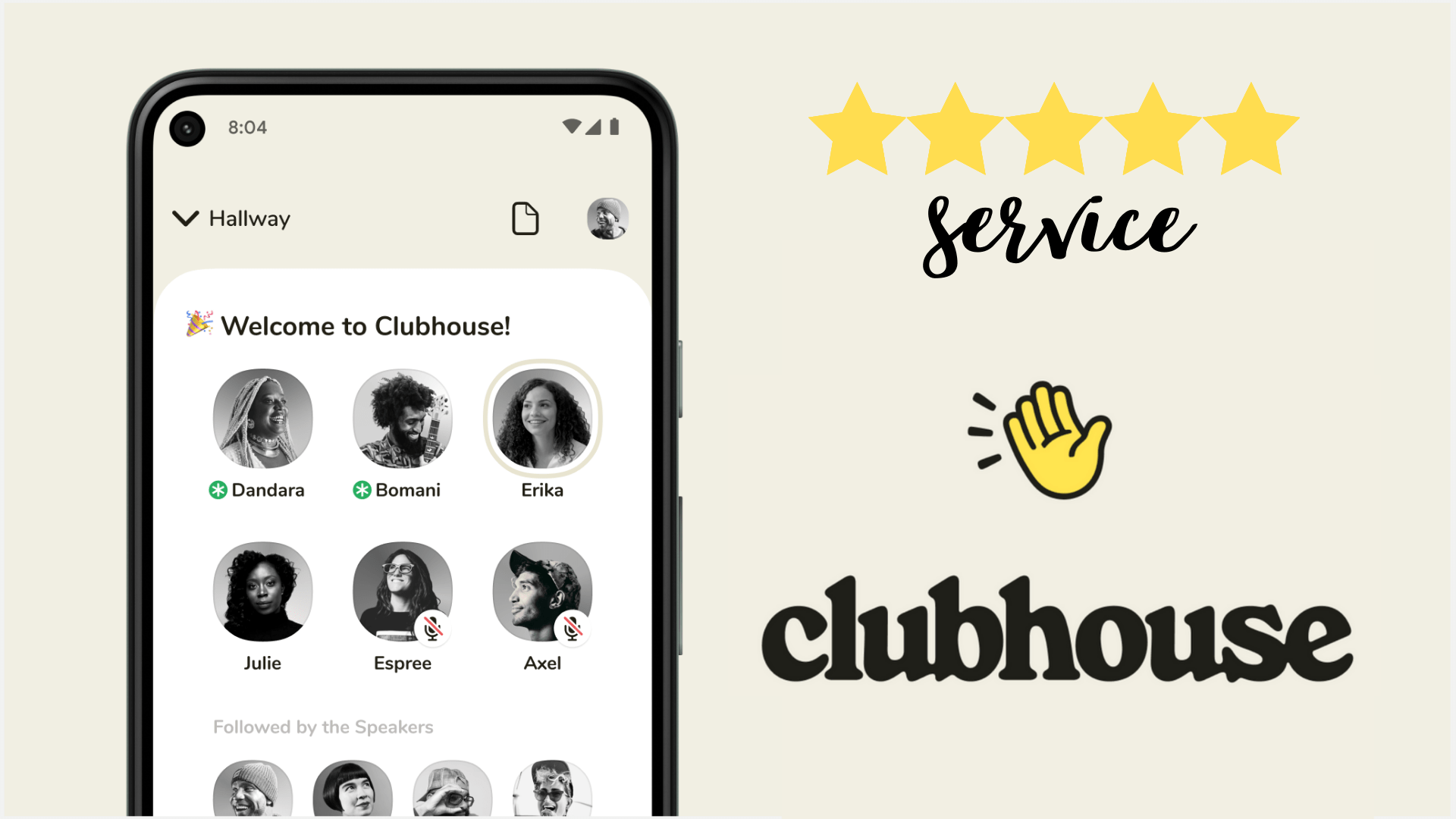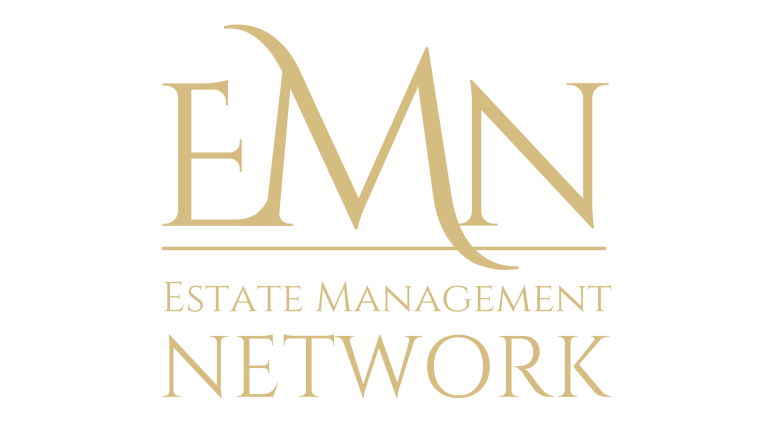If it seems that finding a career in private service is more challenging than in the corporate world, that’s because it is! Let’s jump-start your private service career with the right résumé, networking, and interviewing skills highlighted below.
Have the Proper Résumé
Countless online résumé writers promise to get you past the AI readers guarding the corporate castle, which is crucial in the corporate world. But did you know the majority of boutique private service staffing agencies personally review each resume that gets submitted, instead of scanning it into an applicant tracking system where an AI is programmed to flag certain phrases and terminology? Our industry has a language and jargon all its own, so make sure to hire a résumé writer who knows the industry, like Latricia Friend of Career Documents, LLC or Donna Shannon of Personal Touch Career Services. These specialists know what private service recruiters, hiring managers, and principal employers are looking for.
Stay Connected
Every networker and career builder should have a LinkedIn profile, but like your resume the rules are a little different for private service professionals. At its most fundamental the intention is to connect and be seen. This means you need to cultivate your network by commenting on posts, and engaging in positive conversations with other PSPs.
However, successful networking also goes beyond meeting other PSPs. Connect with experts with knowledge outside your wheelhouse. For example, do you know a good HVAC guy? I do. Are you connected with a residential or luxury hotel concierge? I am. More positions are filled through connections other than a recruiter, so it pays to network.
Also, join the many private service networking groups on the platform. Below is a list of groups and/or companies you should consider joining.
- Estate Management Solutions
- EstateJobs.com Private Service Discussion Group / EstateJobs.com Company Page
- Easemakers
- Estate Management Network
- Estate Management Systems
- Any of your preferred placement agencies and their employees.
As an additional note, remember that anything you post online is open to public view and interpretation. Remember to stay positive. As a recruiter, I would be hesitant to work with someone that I feel would be quick to vent if a situation turned complicated.
The Details Matter
Matching your résumé to your LinkedIn profile is a must, during the interview process both the recruiter and the Principals are going to search your online presence, any discrepancies may cause hesitation. However, remember the “private” part of our industry and eliminate details that could reveal confidential information about employers or properties. Everyone who needs to know is already aware of your current or previous employers.
You can also widen your search by registering on estatejobs.com. Here, you can set up search criteria and receive real-time alerts about who is making placements in your area. There are also metrics regarding local salaries and national compensation trends.
The Proof – In The Pudding
Ultimately, your hard work lands you a face-to-face interview. Now it’s your time to shine! Make sure you can articulate your processes, values, and strengths to recruiters, hiring managers, and potential principal employers. A sample manual that proves your abilities is also a must-have. When a principal is waffling between candidates, they will drift towards the person who makes the greatest impression on them and proves they can execute what they promised on their résumé and during the interview.
A visual demonstration of the abilities you outline on your resume and the skills you bring to the table will prove you are the professional you say you are and not just a bunch of words on a piece of paper. Leaving an impression that just may tip the scales in your direction.
Final Tidbits
- Be detailed and methodical in your job search.
- Be present and engaged
- Stay Positive. The job search is a job unto itself, careful to not let your frustrations show.
- As David Gonzalez has said “Don’t read into silence”. If the agency doesn’t reach out after you submit your resume, it doesn’t mean the call won’t come later.










